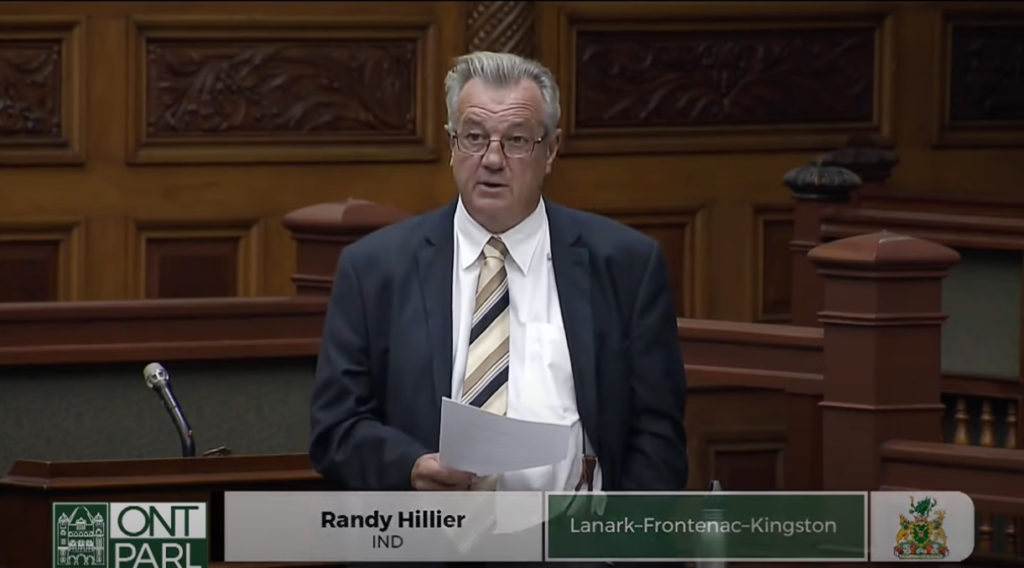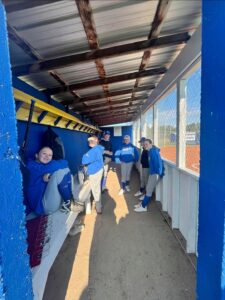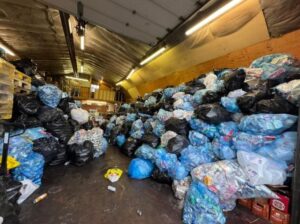
Just as the Town of Whitecourt advertises planned projects or employment opportunities in newspapers and online, the Government of Canada has a procurement website, www.buyandsell.cg.ca, where they list items or services needed. They are mandated, just like any other level of government, to publicly share their needs so that any service provider can bid on an opportunity.
Last month, a Request for Information (RFI) Tender Notice popped up on the site and garnered a lot of attention. Titled “Service Provider(s) for Federal Quarantine/Isolation sites,” the RFI stated that the Government of Canada wanted to hear back from potential service providers on creating, operating, and managing the services at federal quarantine sites. The document caused a bit of a stir as inquiring minds wanted more information.
The RFI reads that the sites are to “house and care for people for public health and other related federal requirements” associated with the COVID-19 pandemic response. There are already 11 designated quarantine sites available in Canada (Calgary, Vancouver, Kelowna, Winnipeg, Regina, Toronto, Montreal, Halifax, Fredericton, St. John’s, and Whitehorse). Furthermore, Saskatoon, Windsor, Niagara, Ottawa, Sault Ste. Marie, Thunder Bay, Quebec City, Charlottetown, Iqaluit, and Yellowknife are listed as possible future quarantine site locations.
The RFI states, “in anticipation of a possible continued need for quarantine sites over the next one to two years, given the COVID-19 pandemic, the Public Health Agency of Canada (PHAC) is considering having a third-party service provider provide and manage the existing sites and all of the related services on its behalf.” The document lists services that would be required, such as lodging for up to 1600 people across Canada and mentions that the most used sites are Vancouver, Calgary, Toronto, and Montreal. Food and transportation are listed, as is 24/7 security by licensed guards. Health assessments are also a requirement, and it states, “assessments for symptoms of communicable diseases, including COVID-19.” That specific wording has caused some to question the broadness of the statement.
An Independent Ontario MPP for Lanark, Frontenac & Kingston, Randy Hillier, spoke out on it during the October 8 question period at the Ontario Legislature. A video from the moment has since gone viral. He asked if the sites could be used for other requirements apart from COVID-19 as the RFI states, “including COVID-19,” which leaves it open to interpretation. “For what reasons can people be kept in these isolation camps,” he questioned, moments before his microphone was cut off. His specific question was not answered. In the days that followed, his questions were decried by the Federal Government and other Ontario legislature members as disinformation.
Onyx Industrial Inc. recently received negative attention for its isolation centre in Alberta after information was reported and shared online. The engagement was so great that their website now opens immediately to a press release condemning what they called “online accusations and distorted information.” Their quarantine facility is in Leduc and features 50 self-contained hotel rooms, nurse on-site, meals and groceries, and standard in-room hotel amenities. “We are in no way associated with any larger agenda (government or otherwise), and our primary daily objective is to help our domestic fight against COVID,” stated ONYX VP Steph Marques.
So, how could one end up in a quarantine facility? Since March 25, 2020, when the Government of Canada invoked the Quarantine Act, international travellers must quarantine for 14 days. Travellers are also forbidden from using public transportation to reach their places of self-isolation and are not allowed to self-isolate with the public’s vulnerable members. People who do not have the means to follow the directive need to find alternate arrangements, and that’s where quarantine centers come into play.
Many of the isolation sites are in hotels, and those in quarantine are not allowed to leave. Since quarantine for international travellers is mandatory, breaking that could lead to arrest. That means sticking put in your room. Reports from those who have spent time in federal quarantine areas have said that accommodations were in the medium-range and that some could go outside to specified spots providing they had security. Some spoke of having delicious meals and that things were usually made available to them if needed.
Back in August, the Public Health Agency of Canada revealed that 37 million had been spent so far on hotels for travelling Canadians who could not self-isolate at home. At that point, over 3200 people had been put up in hotels. The idea of creating more isolation centres and bringing on a third party to run them might be to save money. However, the Government of Canada has not revealed how much the isolation centres are currently costing, nor have they indicated how much they are willing to spend going forward. The RFI officially closed on October 19. Only time will tell what the government does with the information they received.







More Stories
Community spirit shines at large-scale youth baseball event
Birthday party chaos sung beautifully by Pumpjack Players’ youth in spring musical
Gearing up for another season of cars, cruising and camaraderie